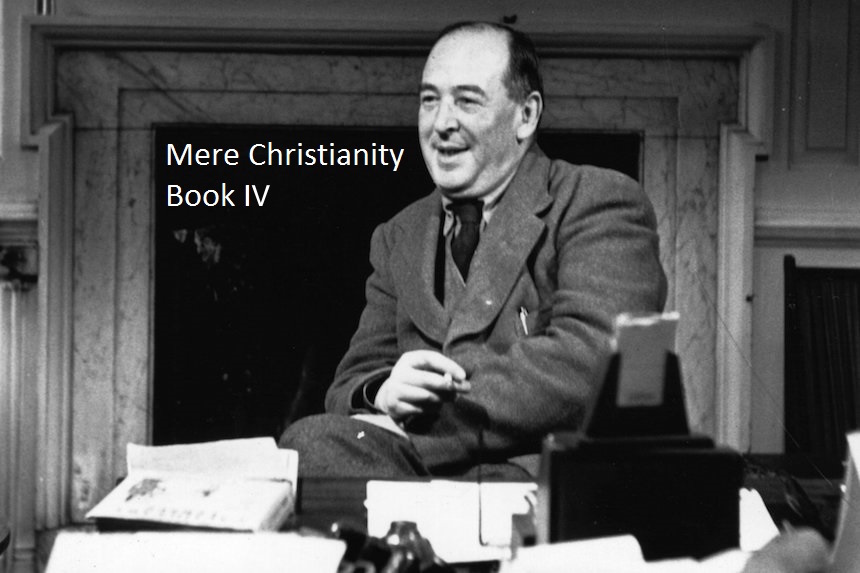Mere Christianity – Book IV – Chapter 6 (“Two Notes”)


Picking back up my notes for C.S. Lewis’ “Mere Christianity”…
1. Why did God not beget many sons at the outset?
“…if God wanted sons instead of ‘toy soldiers,’ He did not beget many sons at the outset instead of first making toy soldiers and then bringing them to life by such a difficult and painful process”
(a) There are two kinds of answer:
(i) The easy answer
“The process of being turned from a creature into a son would not have been difficult or painful if the human race had not turned away from God centuries ago. They were able to do this because He gave them free will: He gave them free will because a world of mere automata could never love and therefore never know infinite happiness”
(ii) The answer beyond human knowledge
All Christians are agreed that there is, in the full and original sense, only one “Son of God.” If we insist on asking “But could there have been many?” we find ourselves in very deep water. Have the words “Could have been” any sense at all when applied to God? You can say that one particular finite thing “could have been” different from what it is, because it would have been different if something else had been different, and the something else would have been different if some third thing had been different, and so on. (The letters on this page would have been red if the printer had used red ink, and he would have used red ink if he had been instructed to, and so on.) But when you are talking about God-i.e. about the rock bottom, irreducible Fact on which all other facts depend- it is nonsensical to ask if It could have been otherwise. It is what It is, and there is an end of the matter.
(b) How could there be many sons?
But quite apart from this, I find a difficulty about the very idea of the Father begetting many sons from all eternity. In order to be many they would have to be somehow different from one another. Two pennies have the same shape. How are they two? By occupying different places and containing different atoms. In other words, to think of them as different, we have had to bring in space and matter; in fact we have had to bring in “Nature” or the created universe. I can understand the distinction between the Father and the Son without bringing in space or matter, because the one begets and the other is begotten. The Father’s relation to the Son is not the same as the Son’s relation to the Father. But if there were several sons they would all be related to one another and to the Father in the same way. How would they differ from one another? One does not notice the difficulty at first, of course. One thinks one can form the idea of several “sons.” But when I think closely, I find that the idea seemed possible only because I was vaguely imagining them as human forms standing about together in some kind of space. In other words, though I pretended to be thinking about something that exists before any universe was made, I was really smuggling in the picture of a universe and putting that something inside it. When I stop doing that and still try to think of the Father begetting many sons “before all worlds” I find I am not really thinking of anything. The idea fades away into mere words. (Was Nature-space and time and matter-created precisely in order to make manyness possible? Is there perhaps no other way of getting many eternal spirits except by first making many natural creatures, in a universe, and then spiritualising them? But of course all this is guesswork.)